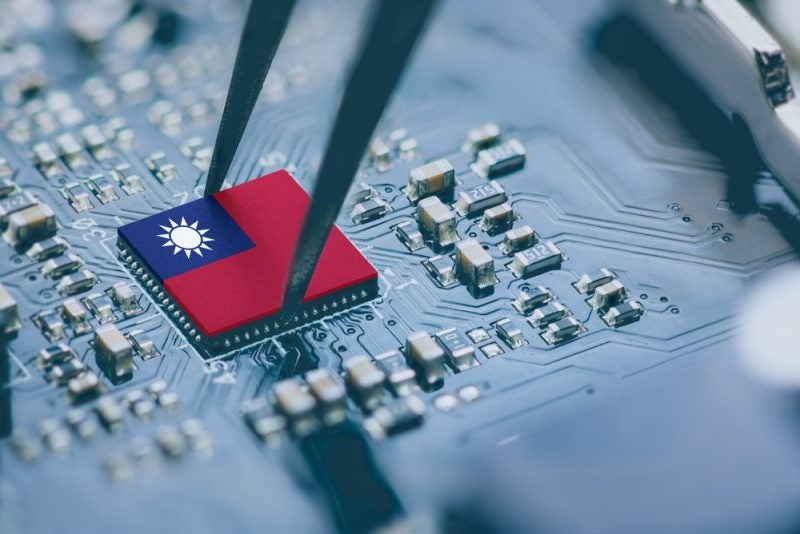
US Won’t Let China Take Taiwan Chip Makers
Speaking at the Richard Nixon Foundation’s Grand Strategy Summit on 10 November, former US National Security Advisor Ambassador Robert O’Brien appeared to lend credence to reports the US will disable Taiwan’s semi-conductor chip manufacturing capabilities if China attempts to reunify the island with the mainland.
“If China takes Taiwan and takes those factories intact – which I don’t think we would ever allow – they have a monopoly over chips the way OPEC has a monopoly, or even more than the way OPEC has a monopoly over oil,” said O’Brien.
Scorched-earth strategy
The US Army War College Press published a paper in November 2021 recommending that the US make credible threats to destroy Taiwan Semiconductor Manufacturing Company (TSMC) facilities, eliminating the most important supplier of micro-processing chips to China and the World.
The paper by Jared McKinley and Peter Harris, Broken Nest: Deterring China from Invading Taiwan, became the most highly downloaded paper from the US Army War College of 2021, and suggested that the US lay plans in Taiwan for a targeted scorched-earth strategy that would render the island “not just unattractive if ever seized by force, but positively costly to maintain.”
Following months of speculation over possible US contingency planning, Bloomberg reported on 7 October that plans for worst case scenarios include evacuating Taiwan’s chip engineers, citing an unnamed US official as the source of the information.
The semi-conductor chip value-chain
“The island contains a chip manufacturer called TSMC and a whole ecosystem of chip manufacturers associated with TSMC, which make 95% of the advanced computer chips that we use,” said O’Brien, “not only in our military products, but in our cars and smartphones.”
In August of this year, the US Congress passed the CHIPS Act (Creating Helpful Incentives for the Production of Semi-conductors) aiming to bolster the capacity of domestic infrastructure base to produce semi-conductors and reduce reliance on imports for supply, with critical impact on the defence supply chain for disruptive technologies including hypersonic and Artificial Intelligence. It will provide $280bnfund for subsidies to chip manufacturers as well as technology and research development.
The significance of semi-conductor chips in geopolitics became apparent in August when China suspended the export of sand – crucial in the production of semi-conductors – to Taiwan in the aftermath of Speaker Nancy Pelosi’s visit to Taiwan and the period of military demonstrations that followed. Taiwan’s role in the semi-conductor value chain was notable over the year before as automakers struggled to continue production during a global shortfall of chips.
“Even when the formal war ended, the economic costs would persist for years.”
Should TSMC’s factories be destroyed during an invasion, it would be difficult for companies globally to continue operations. “This development would mean China’s high-tech industries would be immobilised at precisely the same time the nation was embroiled in a massive war effort,” write McKinley and Harris. “Even when the formal war ended, the economic costs would persist for years.
“This problem would be a dangerous cocktail from the perspective of the Chinese Communist Party, the legitimacy of which is predicated on promises of domestic tranquillity, national resilience, and sustained economic growth.”
However, Taiwan’s National Security Bureau Director-General Chen Ming-tong denied that current defensive plans included the destruction of TSMC’s plant or the evacuation of engineers, while speaking at a meeting of the Foreign and National Defence Committee on 12 October.
Chen described TSMC’s global supply chain as reliant on industrial partners in countries including Netherlands, adding that the US does not need to destroy TSMC’s chip factories because severing supply chains for vital components would be enough to halt production. “Even if the other side owns TSMC, this golden hen will not be able to lay a golden egg.”




